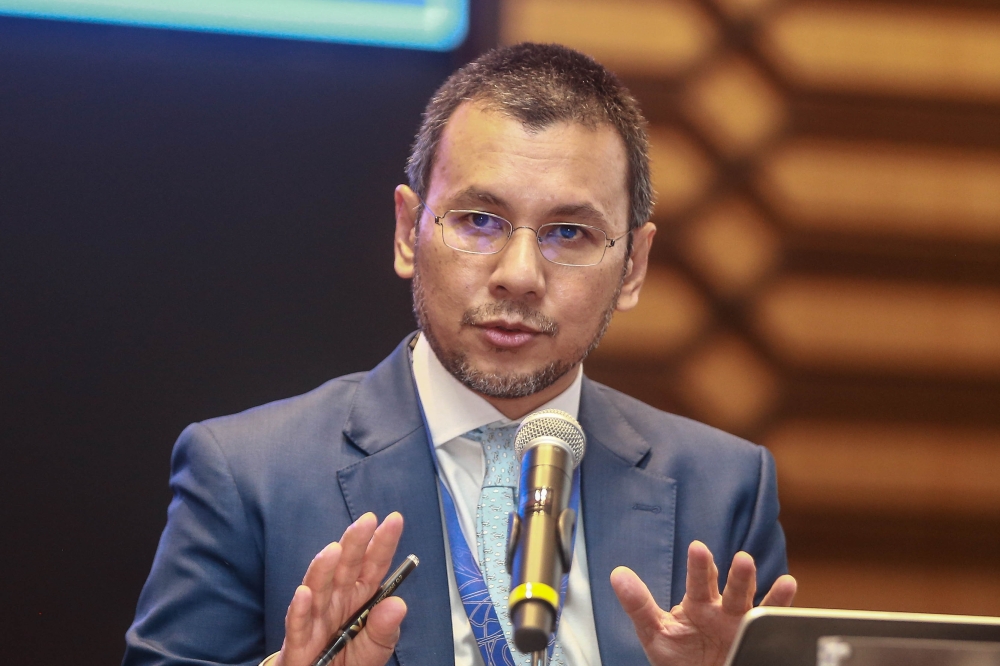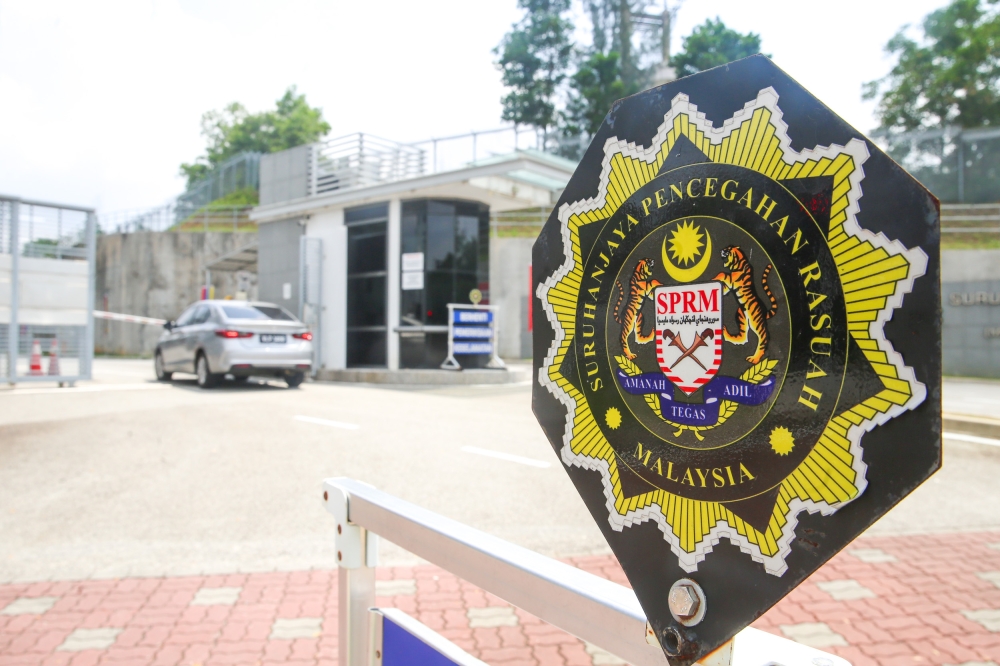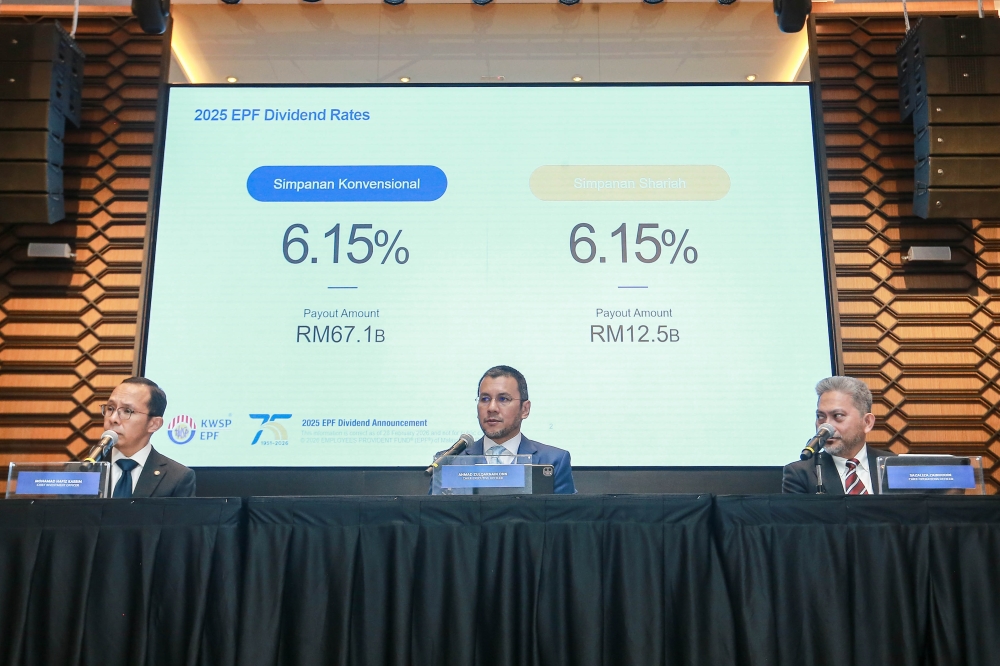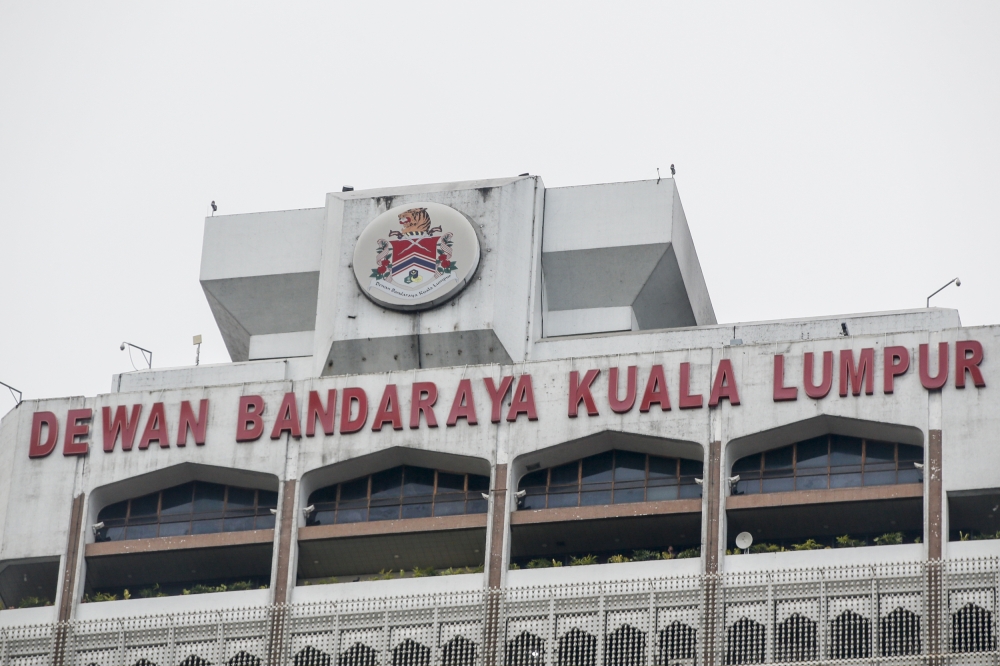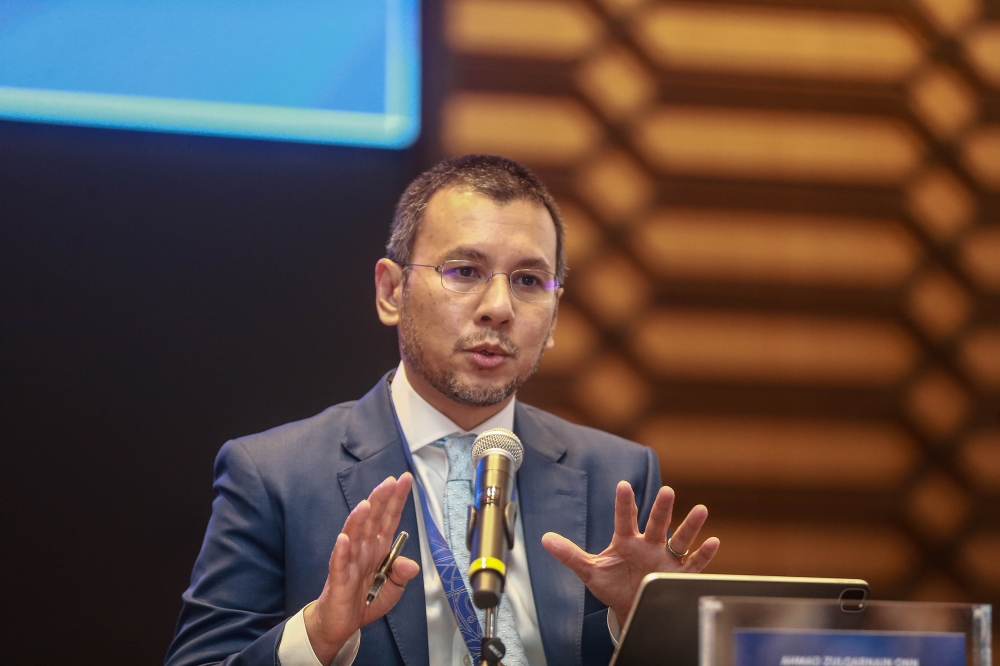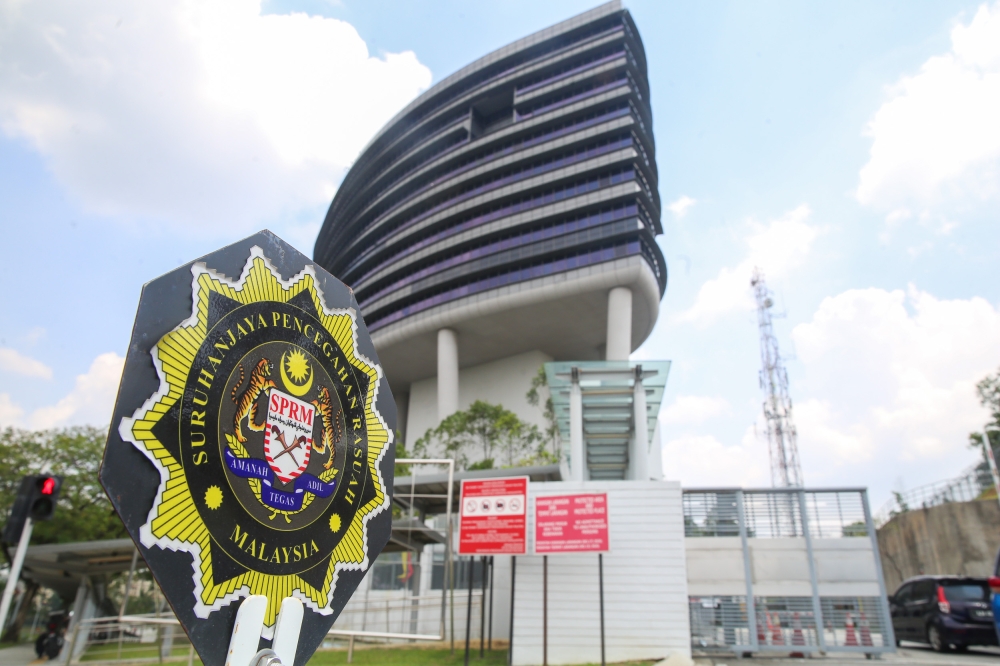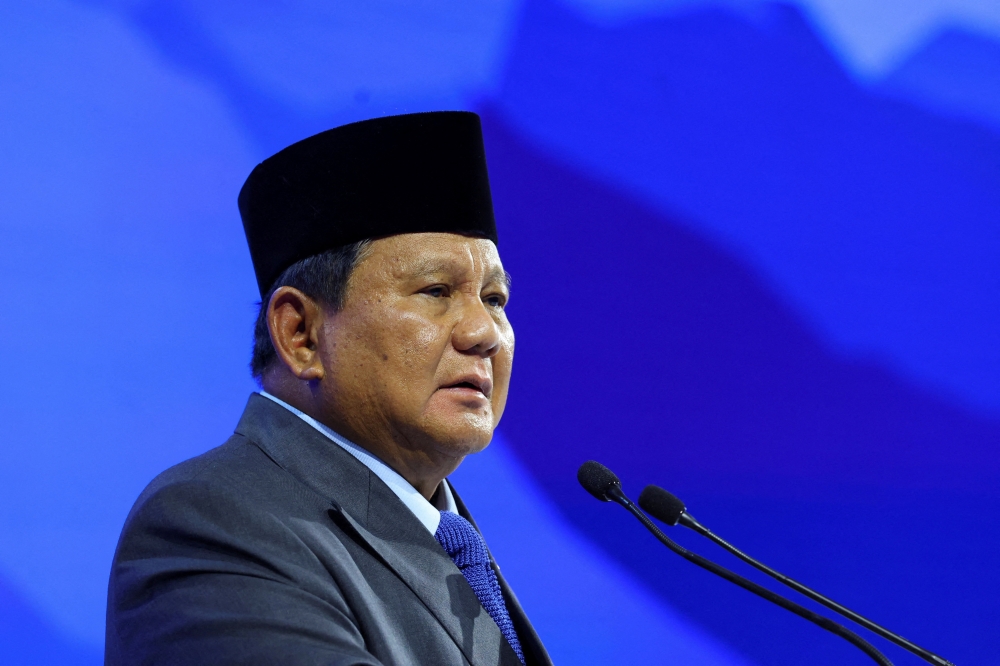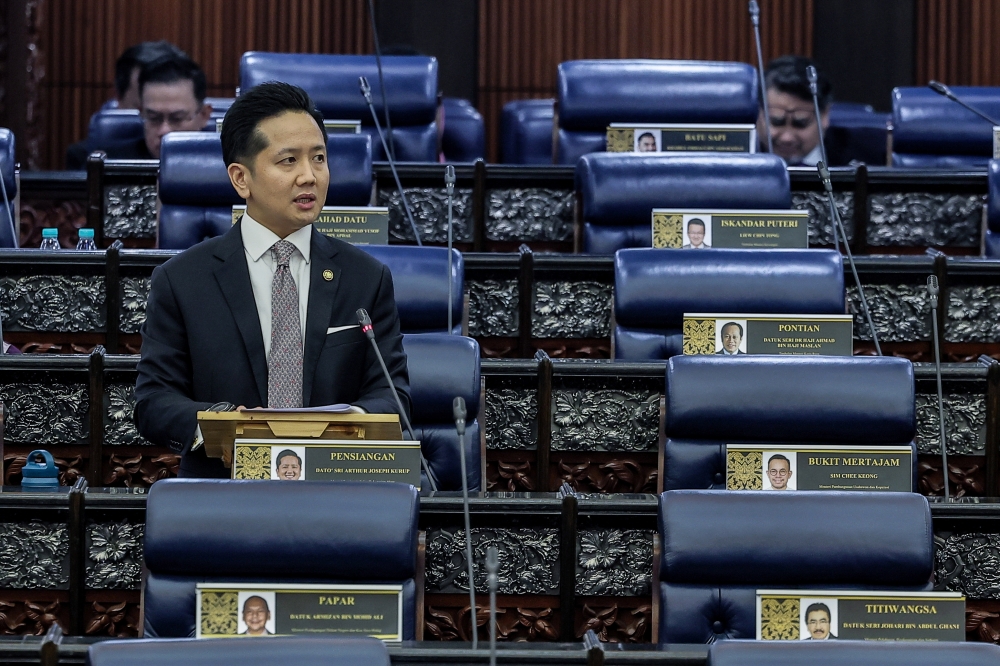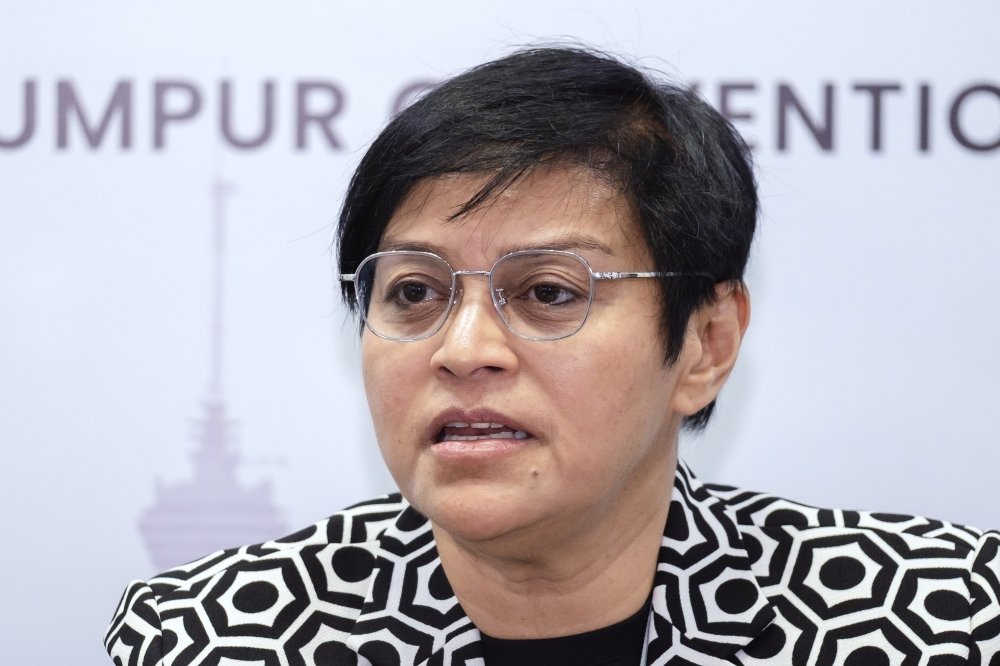SINGAPORE, May 17 — Singapore’s tough anti-drug laws command overwhelming support across the population, but only about half of younger people here feel the death penalty is an appropriate punishment for severe drug offences, a government survey has found.
The Ministry of Home Affairs (MHA) took the pulse of 2,000 Singaporeans and permanent residents on how they see the state’s anti-drug policies.
The study was the first of its kind conducted by the ministry, and included 902 young people aged 13 to 30.
Nearly all the respondents (97.8 per cent) agreed that Singapore should continue to maintain tough anti-drug laws and that drug consumption should remain illegal (97.5 per cent).
Almost all respondents also felt that drugs affect families (98.2 per cent) and would harm a person’s health (97.8 per cent).
Younger respondents, however, generally expressed more liberal attitudes towards drugs and penalties for drug offences.
For instance, only about one in two respondents aged 13 to 30 (52.7 per cent) felt that the death penalty was an appropriate punishment for those caught trafficking in large amounts of drugs.
By contrast, 74.6 per cent of respondents aged above 30 felt the death penalty was appropriate for such offences.
The Singapore government has been firm in its stance on the death penalty for drug offences.
For instance, offenders who traffic in more than 500g of cannabis — a drug also known as marijuana or weed — face the mandatory death penalty.
The survey findings also showed that youth were marginally less supportive of other punishments for drug offences than older respondents.
For instance, 77.5 per cent of the young felt that caning was an appropriate punishment. In comparison, 80.8 per cent of respondents older than 30 felt it was.
What experts and youth say
On the attitudes of youngsters towards the death penalty, sociologist Tan Ern Ser of the National University of Singapore said the question is whether these young people would become more conservative or continue to hold these liberal views in later years.
Associate Professor Tan said that the Government should continue to educate people from a young age about the dangers of drug consumption. Enforcement is also essential, he added.
“The government should also actively engage young people on this issue and encourage them to offer their own solutions,” he said.
“Perhaps they should also be exposed to the reality of the drug-consumption scene. This could challenge their views on drug-taking and punishments.”
Young people told TODAY that they were not surprised by the findings, as youth today are more open-minded and globally exposed.
They acknowledged that some of their peers may find the death penalty too harsh for drug offences, but felt that the practice should stay.
Business owner Shahroull Khairoullah, 27, said: “The harsher the punishment, the more you will learn.
“When you see people (face the death penalty) because of that, you had better not touch (drugs).”
Agreeing, Tan Yen Ping, 24, a communication studies student at the Nanyang Technological University, said that the death penalty deters people from drugs.
“Any changes to the current laws will give people the impression that the government is getting more lenient,” she added.
To deal with concerns among those who may be less supportive of the death penalty, Tan suggested that the government step up efforts to explain why the law needs to stay.
For instance, the authorities may highlight the impact of drug use on families of drug abusers and society at large, she said.
Human resource specialist Gideon Lim, 25, agreed that drug sellers should face the death penalty, but he felt that drug smugglers may have “heart-wrenching” reasons for offending, such as needing money to support their families.
“They should be given a second chance, as long as they can prove that they did not do it… to obtain monetary gains,” he said.
Weighing in on the findings, Home Affairs Minister K. Shanmugam noted an increasing push globally for drug liberalisation.
“The stakes are high. If we let up, there are consequences for the safety and health of our people, our children and future generations,” he said.
“We must persevere with our tough laws and enforcement, even as we seek to educate Singaporeans on the harms of drugs and rehabilitate addicts.” — TODAY


